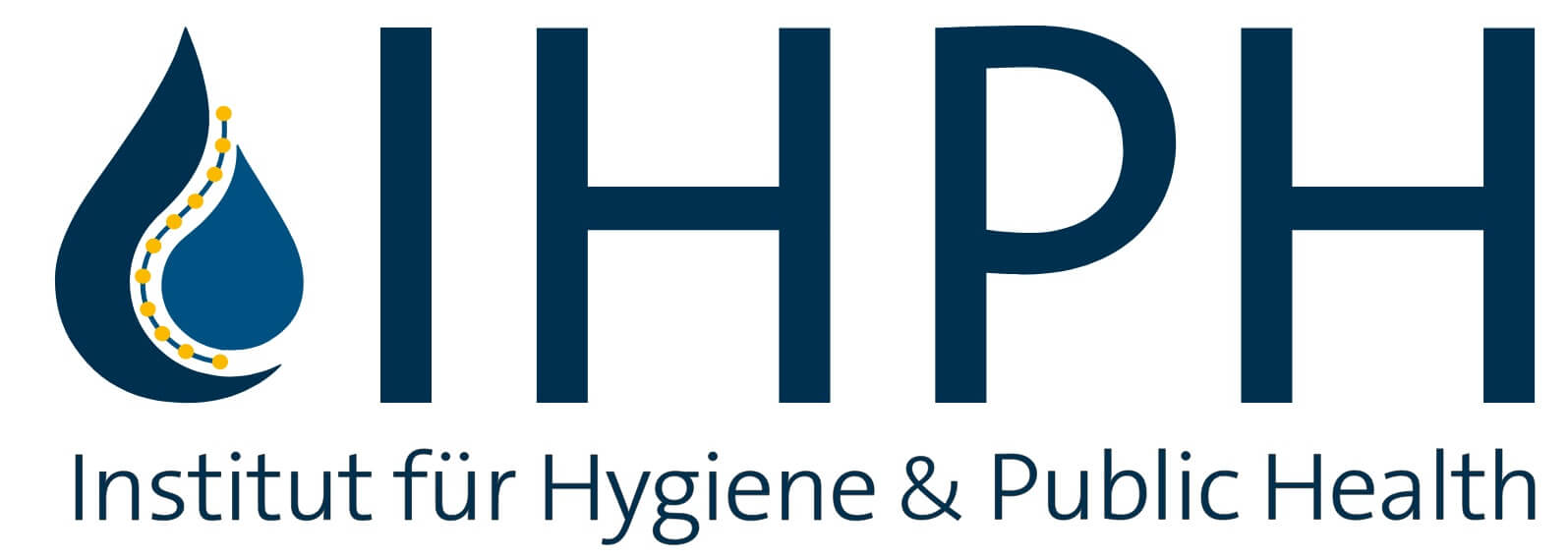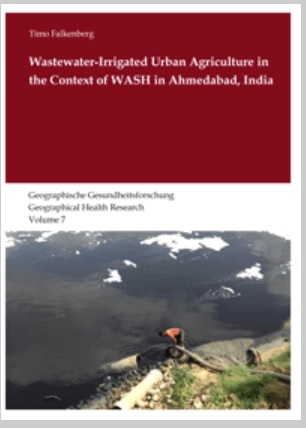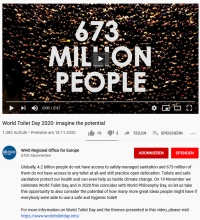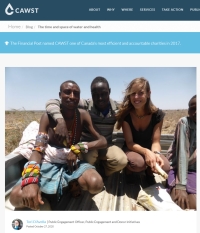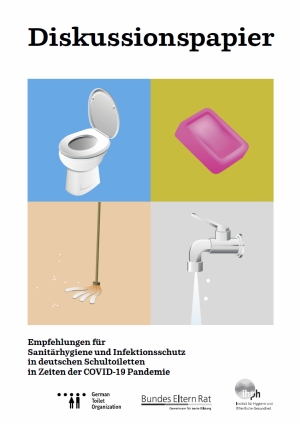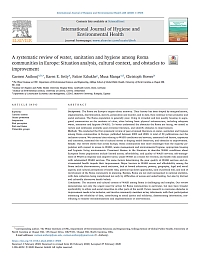NEWS
Newsliste ist GEFILTERT - Zurück zur Gesamtübersicht
31.08.2023 GGF Band 7 erneut beim Shaker Verlag erschienen
Der neue Band der Reihe Geografische Gesundheitsforschung ist erschienen. Der aktuelle Band 7 von Timo Falkenberg trägt den Titel 'Wastewater-Irrigated Urban Agriculture in the Context of WASH in Ahmedabad, India' und kann beim Shaker Verlag erworben werden.
Mitglieder des Vereins zur Förderung der Geographischen Gesundheitsforschung erhalten ihr Exemplar im Laufe des Septembers.
mehr...
24.11.2020 World Toilet Day 2020: imagine the potential
Globally, 4.2 billion people do not have access to safely-managed sanitation and 673 million of them do not have access to any toilet at all and still practice open defecation. Toilets and safe sanitation protect our health and can even help us tackle climate change. On 19 November we celebrate World Toilet Day, and in 2020 this coincides with World Philosophy Day, so let us take this opportunity to also consider the potential of how many more great ideas people might have if everybody were able to use a safe and hygienic toilet!
Twitter: Twitter-Link
Youtube: Youtube-Video
Instagram: Instagram-Link
mehr...
28.10.2020 The time and space of water and health
Ein Interview mit Dr Anthonj ist soeben erschienen.
Darin heißt es u.a.:
How did you become involved as the communications lead of the HWTS Network? Tell us about the intersection between Medical Geography and HWTS.
... From 2013 to 2017, as Research Associate at the GeoHealth Centre at the Institute for Hygiene and Public Health at the University of Bonn, a World Health Organization Collaborating Centre for Health Promoting Water Management and Risk Communication, I co-edited the bi-annual WHO Water & Risk Newsletter. ...
mehr...
30.04.2020 Corona 2019 - Sanitärhygiene auf Schultoiletten
Zusätzlich zu den
Empfehlungen des RKI (PDF) hat nun die German Toilet Organization zusammen mit dem Bundeselternrat und dem Institut für Hygiene und Öffentliche Gesundheit (IHPH) ein Diskussionspapier Empfehlungen für Sanitärhygiene und Infektionsschutz in deutschen Schultoiletten in Zeiten der COVID-19 Pandemie (PDF) veröffentlicht.
mehr...
01.04.2020 WASH Situation der Roma in Europa
Der Artikel
A systematic review of water, sanitation and hygiene among Roma
communities in Europe: Situation analysis, cultural context, and obstacles to
improvement ist soeben im International Journal of Hygiene and
Environmental Health erschienen und online verfügbar.
mehr...
